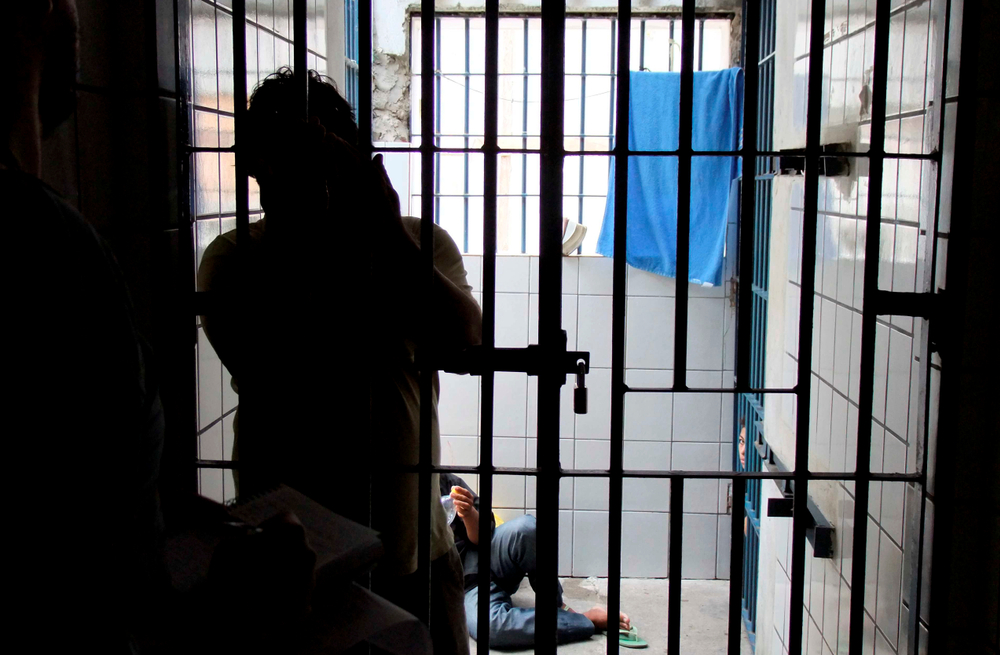On New Year’s Day, 2017, a riot broke out at the Anísio Jobim penitentiary to the north of the Amazonian city of Manaus. Fueled by a confrontation between two major crime factions, the ensuing hostage situation eventually claimed the lives of 56 inmates, among them members of the Primeiro Comando da Capital (PCC), the São Paulo gang which is now South America’s biggest drug cartel. On that day, local public security forces phoned Luiz Carlos Valois, a criminal execution judge in Manaus, to ask him if he could help with the negotiations. “I knew these guys, I talked with them, when you see their heads lying on the floor, detached from their bodies, it’s very heavy.” With a wealth of first-hand experience of Brazil’s prison system, Mr. Valois is one of the best-placed people to comment on what the Supreme Court has declared the “unconstitutional state of affairs” of incarceration in the country. He spoke to The Brazilian Report by telephone this week, discussing prison conditions, the spate of unconvicted inmates in Brazilian jails, the failed war on drugs, and what exactly happened on that fateful New Year’s Day in 2017.
In 2012, former Justice Minister José Eduardo Cardozo said he would “rather die than go to jail in Brazil.” From your in-depth knowledge of the prison system in the country, do you agree with that?
Definitely. If the Brazilian prison system was made up of people from the middle and upper-middle class, there would be riots every single day. But, as it happens, the middle class isn’t behind bars, it’s the poor and destitute who are in jail, people who have been neglected by the state ever since they were born.
In the majority of Brazilian prisons, inmates have nothing. They don’t get an education, they don’t get health care, they don’t have doctors. If they get sick on a weekend, they have to put up with it until Monday, no matter what it is. And then there are the rats, the cockroaches, which run around the cells, sometimes there are open sewers too.
Brazilian jails are vastly overcrowded, with over 700,000 inmates and little more than 400,000 spaces. Also, over 40 percent of...


 Search
Search






































